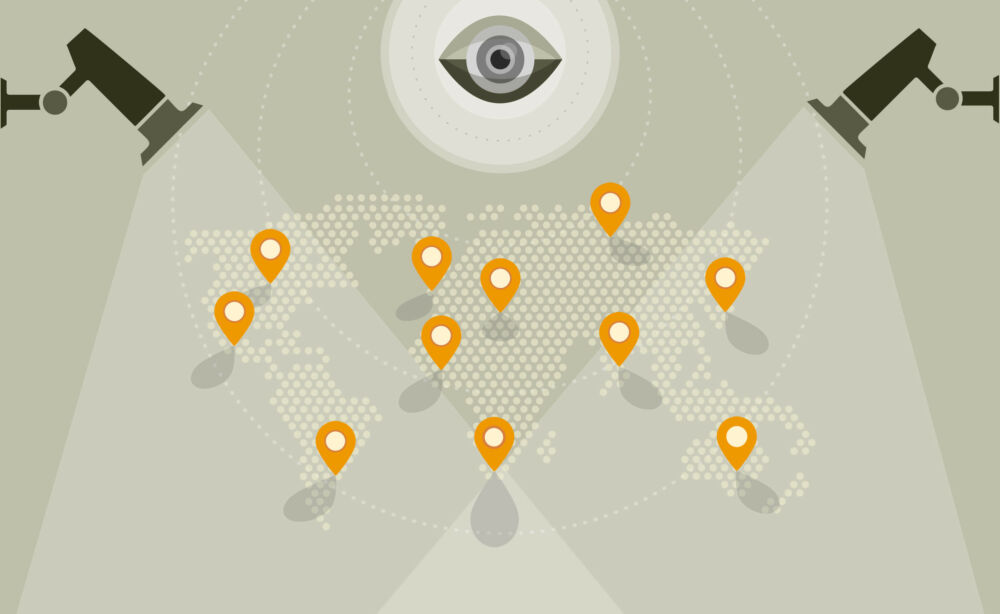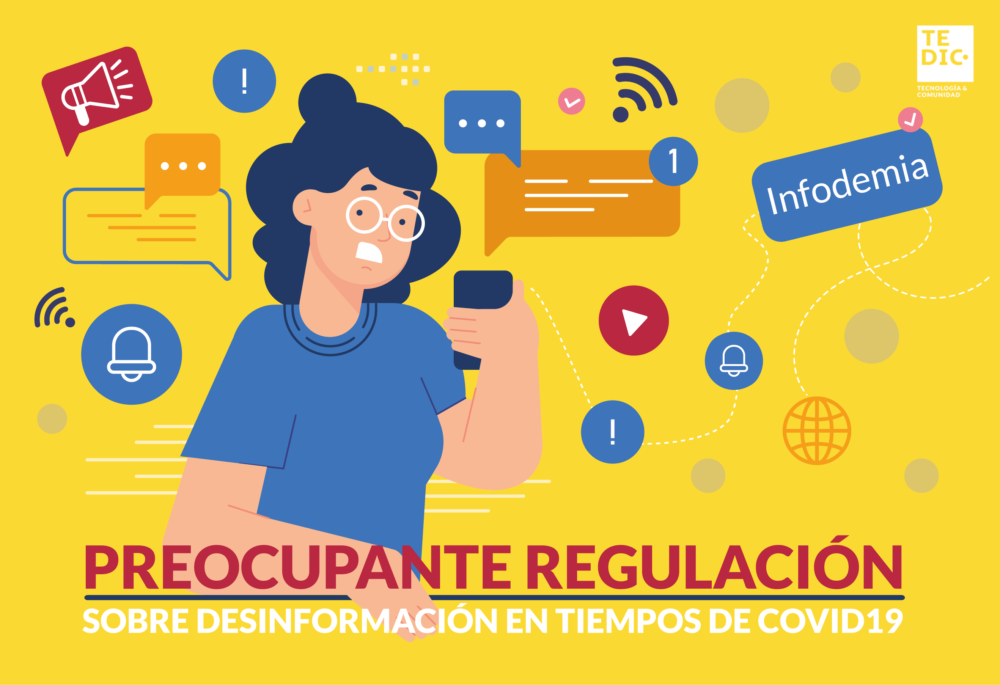
March 18, 2020
The global pandemic that has been declared by COVID-19 is already affecting countries of Latin America and the Caribbean. Recognizing the seriousness of this health crisis and the legal possibility for governments to take exceptional measures to control the pandemic, it is essential to remember that these must be carried out in strict accordance with human rights standards. In this sense, we adhere to the joint appeal made by the UN’s expert rapporteurs who, in a recent declaration, urgently remind States that any emergency response to COVID-19 must be proportionate to the assessed risk, necessary and non-discriminatory.
The adherence to human rights also includes any digital development or technological deployment that, in the context of controlling this health crisis, our governments want to apply. Many countries today turn to digital technologies to provide information as well as monitoring and controlling people suffering from this virus, which alerts us to its effects on people’s fundamental rights.
In China, for example, the Alipay Health Code application was developed to monitor its population. South Korea is also using digital technologies to control the pandemic. Both countries seem now to be a model for many nations, such as the United States. More aggressive uses of surveillance have been implemented in countries like Israel. Likewise, there is concern that technological solutionism prevails to control this pandemic, and technologies such as Artificial Intelligence are deployed without measuring its impacts on fundamental rights.
Along these lines, the situation in Latin America and the Caribbean is unsettling. In Ecuador, the government authorized the satellite tracking of cell phones of people who enter the epidemiological ring by COVID-19, raising serious alarms about the proportionality of the measure and possible abusive uses. In Colombia, the National Institute of Health promotes (although not force) the use of the CoronApp application, which is criticized for its inadequate protection of personal data, its malfunction, and its real scope in a country with 20 million people without access to the Internet. The Chilean government wants to develop an application, with the support of the South Korean government, for “personalized contact with citizens.” However, the impact of this technology has been questioned internationally. Private development of apps also raises doubts in Paraguay, as well as the announcement of the Uruguayan government to create a mobile application to “georeferencing” people diagnosed with COVID-19 and alerting inhabitants of risk zones. Likewise, it’s worrisome the stigmatizing effects that could be produced by the lack of clear protocols in the use of temperature scanners implemented in many of our borders, although their unclear effectiveness.
The use of digital technologies to fight against this pandemic cannot exclude an examination of necessity and proportionality in the event of possible effects on our fundamental rights. In this line, all technology used in the context of this pandemic must prioritize reliable protection of our personal and sensitive data, enabling accountability procedures, and guarantee its limited use only within the state of emergency. All these measures are also crucial to avoid disproportionate impacts on the discrimination of the most vulnerable groups and the mental health and possible stigma of people affected by COVID-19.
This health crisis is an opportunity for States, governments, and communities in the region to safeguard and strengthen human rights in all dimensions of our lives that are affected by this pandemic. In Al Sur, we will be monitoring that this happens.
::::
Al Sur is a consortium of 11 civil society organizations and academia from various Latin American and Caribbean countries that work to strengthen human rights in the digital context.
The members of Al Sur are:
TEDIC, Paraguay.
• Red en la Defensa de los Derechos Digitales, R3D, México
• IPANDETEC, Panamá.
• Fundación Karisma, Colombia.
• Hiperderecho, Perú.
• Derechos Digitales, América Latina.
• Asociación por los Derechos Civiles, ADC, Argentina.
• Centro de Estudios en Libertad de Expresión y Acceso a la Información de la Universidad de Palermo, CELE, Argentina.
• Coding Rights, Brasil.
• Internet Lab, Brasil.
• Instituto Brasileiro de Defesa do Consumidor, Brasil.

 Worrisome regulation on disinformation in times of COVID19
Worrisome regulation on disinformation in times of COVID19